Spatial phylogenetics is an emerging discipline that combines spatial data with encompassing phylogenies, and employs various hypothesis tests to assess patterns of biodiversity on the landscape, both for academic studies in ecology, evolution, and biogeography as well as for applied purposes such as conservation (for a brief review, see Mishler, 2023, Spatial Phylogenetics, Journal of Biogeography, https://doi.org/10.1111/jbi.14618). A special issue of Systematic Botany will be published in 2024 on this topic, handled by guest editors Brent Mishler and Israel Borokini. We encourage submission of papers dealing with methodology, new empirical analyses from anywhere in the world, or both. Papers can be on any group of organisms, plants, animals, fungi, or microbes.
To be considered for this issue, submitted papers should relate phylogenies to spatial data and incorporate appropriate hypothesis tests to match its stated goals. Within these boundaries, we are open to innovative ideas for sourcing/building the phylogenies, sourcing/cleaning spatial data for terminal taxa, and developing statistical tests for hypotheses.
The deadline for submission of papers is May 1, 2024. Please follow the author guidelines available at: https://www.aspt.net/publications/sysbot#.ZGMEjexBw0Q —all papers will be evaluated using the normal Systematic Botany peer review process. For questions on this special issue, please contact bmishler@berkeley.edu or iborokini@berkeley.edu.
